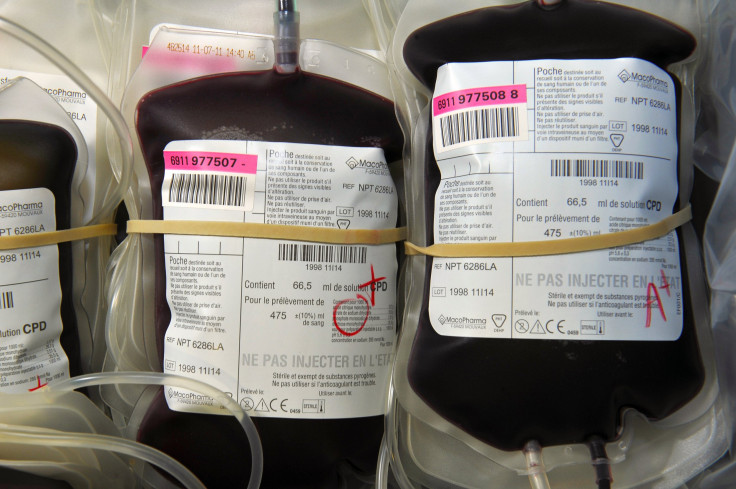What Is Hepegivirus? New Virus Similar To Hepatitis C Discovered In Blood Supply

Scientists have discovered a virus that shares features with hepatitis C. The virus, named human hepegivirus-1 (HHpgV-1), can be transmitted by blood transfusions and other blood-based products, a team of scientists reported in the medical journal mBio.
“We have been able to find a new virus. It's clearly transmitted as a result of human (blood) transfusion," said infectious disease expert Dr. Ian Lipkin, who oversaw the study team at Columbia University, NBC News reported this week. "It is the first transfusion-associated virus that's been described in a long time. We don't know if it is going to be a significant cause of human hepatitis."
Hepegivirus-1 showed similar features to both hepatitis C, which can lead to liver cancer and cirrhosis, and human pegivirus, which appears to be harmless. The scientists discovered the virus after sampling blood donated from 46 volunteers between 1974 and 1980 before and after they received blood transfusions. All of the volunteers had received blood products to treat hemophilia, and the virus was found in only two samples post-transfusion. Two other cases of the virus also were found in a separate study of 106 people. The patients had all “cleared” the virus, and there was no evidence of any related disease. There is no need to be concerned about the discovery of the virus as of now, the scientists said.

"I'm not really worried about this particular virus," said Lipkin, NBC News reported. "This is not SARS. This is not MERS. This is not HIV."
Since over 30 million blood components are transferred annually in the U.S., surveillance of infectious agents is important in ensuring the safety of transfusions, the team of scientists wrote in the report.
It is too early for blood banks to take action against the virus, according to Michael Busch, an experimental pathologist who co-directs the Blood Systems Research Institute in San Francisco, Science reported. Numerous blood products today go through filtering and inactivation procedures that would most likely eliminate hepegivirus-1 anyway, and there’s even a possibility that the virus could be beneficial.
“Does it cause trouble that would justify any response with blood safety? I don’t think we’re at that level,” said Busch, Science reported.
© Copyright IBTimes 2024. All rights reserved.






















